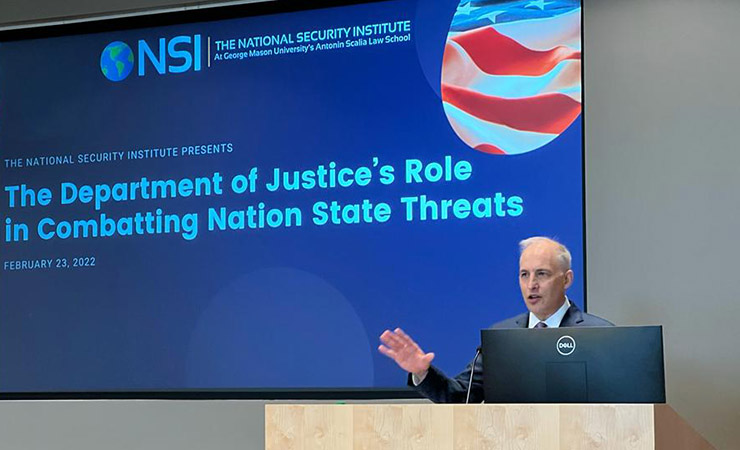They are still going to profile and persecute Chinese reserachers, but good they are walking this specific policy back.
The Department of Justice is setting a higher bar for criminal prosecutions of academic scientists as part of a pivot away from its controversial “China Initiative,” while maintaining a high priority on countering malign activity by the Chinese government.
The head of the Department of Justice’s National Security Division, Matt Olsen, announced on Feb. 23 that DOJ is retiring its “China Initiative” label for efforts to counter economic espionage and malign influence by the Chinese government. He also said the division is changing its strategy on academic research security cases, exerting more oversight of investigations and criminal prosecutions and considering civil or administrative penalties for cases that lack clear national or economic security implications.
Olsen explained that the changes follow a review of the China Initiative he began late last year and respond to concerns that prosecutions of university scientists have created a “chilling atmosphere” that is damaging the U.S. research system. He said he also found the exclusive focus on China had fueled a “harmful perception that the department applies a lower standard to investigate and prosecute criminal conduct related to that country or that we in some way view people with racial, ethnic, or familial ties to China differently.”
While avowing he detected no racial bias in DOJ’s work, he said he concluded that the China Initiative framework was “not the right approach” in part because it had alienated parts of the community the department was aiming to safeguard. DOJ will now pursue a broader framework that addresses threats presented by a range of countries, though Olsen stressed that the department continues to regard the Chinese government as posing unique challenges beyond those presented by other rivals such as Russia or Iran.
DOJ launched the China Initiative in 2018 to focus resources on cases involving either overt or “non-traditional” espionage by the Chinese government, and many cases pursued through the initiative have been uncontroversial. However, cases involving academics have sparked outcry because few of them alleged theft or espionage, resting instead on allegations that researchers’ nondisclosure of ties with institutions in China were tantamount to criminal schemes to exploit federal funding agencies.
Pressure on the initiative has mounted as some cases have fallen apart, with Asian American advocacy groups and some scientific societies arguing it has created widespread fear among ethnically Chinese researchers and discouraging international research collaborations.
...
oh shit, we fucked up! maybe if we used our complete lack of credibility to try to walk it back?


